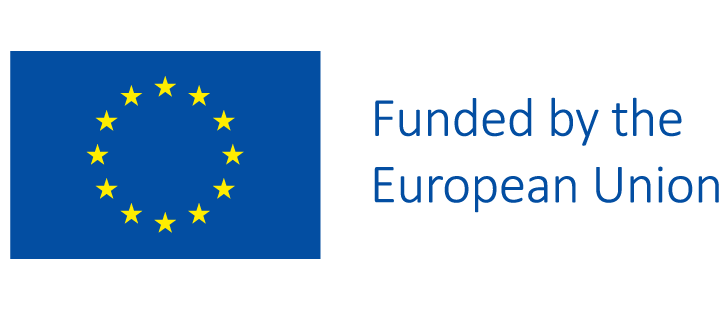By Rasma Pīpiķe
In the heart of Barcelona, beneath the vibrant mosaic of Catalonia’s culture and history, our WP4 team gathered for a meaningful two-day dialogue hosted by our team members at ICPS. Each participant brought unique perspectives from their home countries—Latvia, France, Spain, and Cyprus—to analyse preliminary data from recent surveys completed just before the European Parliamentary elections in 2024. Upon deeper analysis, this data began to reveal patterns, pointing us toward understanding who among European citizens may be most vulnerable to extremist narratives and, more importantly, why.
Our discussions revealed not only trends but also the nuances that make this challenge complex and interesting. We delved into the layers of psychological drivers, political beliefs, and trust in institutions that shape people’s receptivity to extremist ideas. It’s a challenge that transcends borders, and we are committed to understanding this phenomenon deeply for the good of all.
Together, we crafted an ambitious, structured plan for the next six months —a roadmap designed to refine and communicate our findings. This groundwork will support policymakers in taking evidence-based actions to mitigate the spread of extremist narratives across Europe.
Our team of experts, each bringing a unique perspective, includes:
Rasma Pīpiķe & Alise Vītola from Creative Ideas in Latvia—with fresh insights from the Baltic region. Gwenaëlle Bauvois from Cergy University, France—offering scholarly views on social dynamics. Oriol Bartomeus & Jose Berna from ICPS, Spain—enriching our discussion with Catalonian insights. Fabienne Baider from the University of Cyprus—contributing a lens from the eastern Mediterranean.
Our journey is just beginning, but already, this meeting has given us direction and clear guidance. Over the coming months, our team will continue building a Europe where communities are resilient to extremist narratives.

